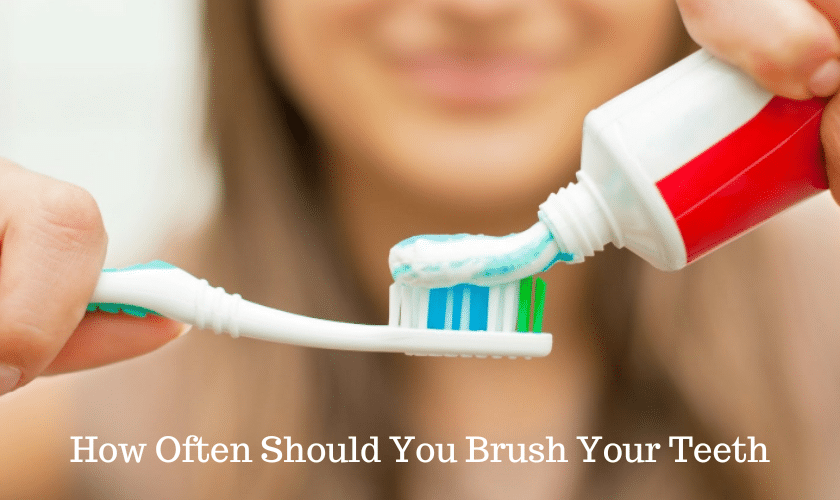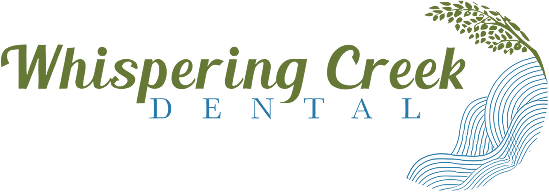4801 Southern Hills Dr, Sioux City, IA 51106, USA

Brush Your Teeth: A crucial aspect of maintaining optimal oral health, brushing your teeth is a routine practice for most of us. However, it’s essential to consider whether we’re doing it frequently enough and with proper technique. Beyond simply achieving a radiant smile, brushing your teeth plays a pivotal role in warding off cavities, gum disease, and even certain systemic health issues.
This blog dives deep into the world of brushing your teeth, answering all your questions and providing tips for a healthy oral hygiene routine. So, grab your toothbrush (a soft-bristled one, we’ll get to that later!), and let’s get started!
Why Brushing Your Teeth Matters
Brushing your teeth isn’t just about aesthetics; it’s about keeping your mouth healthy. Here’s why brushing is so important:
Plaque Removal:
Our mouths are teeming with bacteria. While some bacteria are harmless, others can form a sticky film called plaque on your teeth. Plaque, if left unchecked, hardens into tartar (calculus), which can irritate your gums and lead to gum disease. Brushing your teeth helps remove plaque before it becomes a problem.
Fights Cavities:
Brush Your Teeth to protect against bacteria and acids in plaque. These acids can wear down your tooth enamel, causing cavities. Using fluoride toothpaste when you brush helps eliminate plaque and fortify your enamel, enhancing your teeth’s defense against cavities.
Fresh Breath: Food particles left behind in your mouth can lead to bad breath (halitosis). Brushing your teeth removes these particles, leaving your breath minty fresh.
Overall Health:
Studies have shown a link between poor oral health and various health problems, including heart disease, stroke, and diabetes. Brushing your teeth can help reduce your risk of these conditions.
How Often Should You Brush Your Teeth?
The most commonly recommended frequency for brushing your teeth is twice a day, ideally in the morning and before bed.
However, there are some factors to consider:
- Your Dental Health: If you’re prone to cavities or gum disease, your dentist might recommend brushing more frequently, even after meals or snacks.
- Diet: If you consume a lot of sugary or acidic foods and drinks, you might need to brush more often to remove these particles and prevent damage.
Here’s a tip:
If you’re unsure about how often you should brush your teeth, consult a dentist in Sioux City or your local dental professional. They can assess your individual needs and recommend a personalized brushing routine.
Brushing Your Teeth: Technique Matters
Brushing your teeth isn’t just about scrubbing back and forth as fast as you can. Proper technique is essential for optimal plaque removal and preventing gum damage. Here’s how to properly wash your teeth:
- Choose the Right Brush: Use a soft-bristled toothbrush that fits comfortably in your mouth and allows you to reach all areas. Consider an electric toothbrush, as these can be more effective at removing plaque.
- Apply Fluoride Toothpaste: Squeeze a pea-sized amount of fluoride toothpaste onto your brush. Fluoride helps to prevent cavities by strengthening tooth enamel.
- Angled Approach: Tilt your toothbrush at a 45-degree angle against your gum line.
- Gentle Strokes: Use gentle back-and-forth motions, brushing two to three teeth at a time. Don’t forget the backs of your teeth and your tongue!
- Brushing Time: To ensure effective oral hygiene, make sure to brush your teeth for a minimum of two minutes. Electric toothbrushes often come equipped with timers designed to assist you in achieving this target. If you don’t have an electric toothbrush, consider playing your favorite two-minute song while you brush as a handy timekeeper.
- Don’t Forget Brushing After Meals: While brushing twice a day is the minimum, brushing after meals can provide additional benefits, especially if you’ve consumed sugary or acidic foods and drinks.
Brushing Tips:
- Be gentle – Brushing too hard can damage your gums and tooth enamel.
- Don’t forget your tongue – Brushing your tongue helps remove bacteria and freshen your breath.
- Replace your toothbrush – Replace your toothbrush every three to four months, or sooner if the bristles become frayed.
Brushing Your Teeth: Partnering with Other Habits
Brushing your teeth is just one part of a complete oral hygiene routine. Here are some additional practices to consider:
- Flossing: Flossing once a day helps remove plaque and food particles from between your teeth, where your toothbrush can’t reach.
- Frequent Dental Checkups: Make an appointment with your dentist for routine dental examinations and cleanings. They can detect and address any oral health problems early on.
- Healthy Diet: Limit your intake of sugary and acidic foods and drinks, as these can contribute to cavities and gum disease.
- Hydration: Drinking plenty of water helps wash away food particles and keeps your mouth moist, which can help prevent bad breath.
Brushing Your Teeth: Addressing Common Concerns
- Brushing Too Often: While brushing twice a day is ideal, brushing excessively can actually damage your gums and tooth enamel. Focus on gentle, thorough brushing for two minutes each time.
- Sensitive Teeth: If you have sensitive teeth, choose a toothpaste specially formulated for sensitivity. These toothpastes often contain ingredients that block the tiny channels in your teeth that can transmit pain. Talk to your dentist for personalized recommendations.
- Bleeding Gums: Occasional minor bleeding after brushing can be normal, especially if you’re just starting a new flossing routine. However, persistent bleeding gums could be a sign of gum disease. If you experience frequent or excessive gum bleeding, consult your dentist.
- Electric vs. Manual Toothbrush: Both electric and manual toothbrushes can be effective at removing plaque when used properly. Electric toothbrushes may offer some advantages, such as timers and rotating heads that can reach all areas of your mouth more easily. Ultimately, the best type of toothbrush is the one you will use consistently and comfortably.
Brushing Your Teeth: Fun for All Ages
Brushing your teeth can be a chore, especially for young children. Here are some tips to make brushing a fun and engaging experience:
- Choose a Fun Toothbrush: Let your child pick out a colorful toothbrush with their favorite cartoon character.
- Use a Timer with Music: Set a timer for two minutes and play a favorite song while your child brushes.
- Make it a Game: Turn brushing into a game by seeing who can make the most bubbles or who can reach all the “monsters” (plaque) hiding in their mouth.
- Reward Good Habits: Use a sticker chart or small rewards to encourage consistent brushing.
- Lead by Example: Let your child see you brushing your teeth regularly and make it a family activity.
Brush Your Teeth consistently and make it a part of your daily routine to maintain excellent oral health, achieve a bright smile, and lower the chances of dental issues. Cultivate this habit for yourself and your family to ensure lifelong healthy smiles. Remember, consistency is crucial!
- Disclaimer: This blog is for informational purposes only and is not intended to be a substitute for professional dental advice. Always get individual advice from your dentist regarding the needs pertaining to your dental health.

